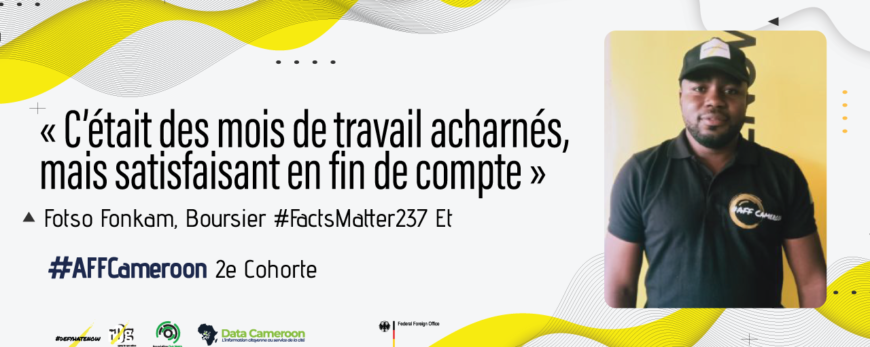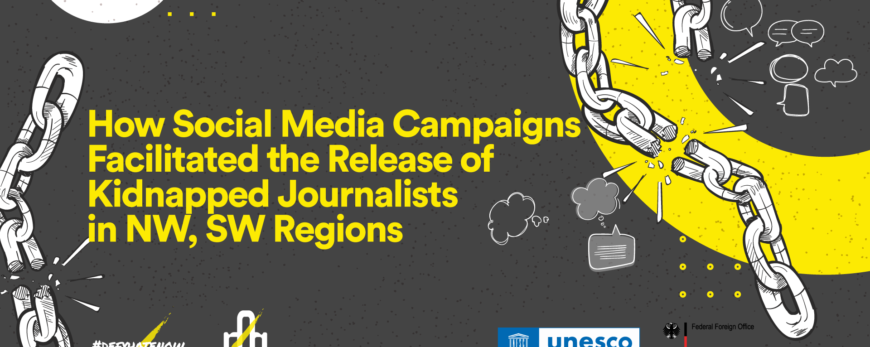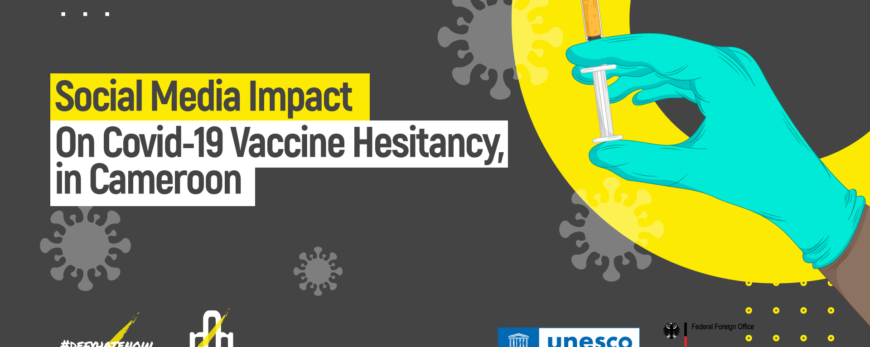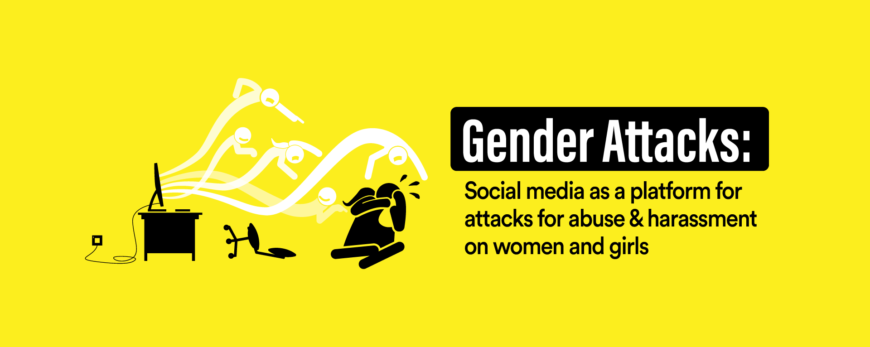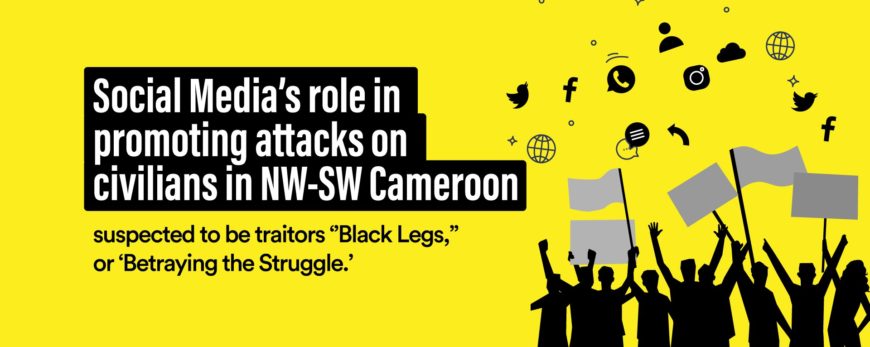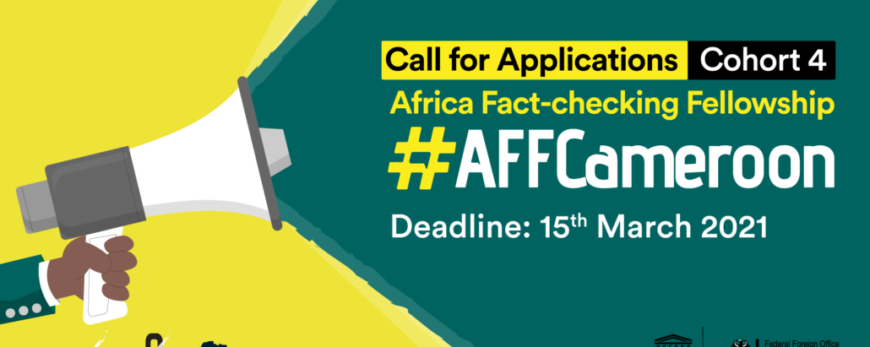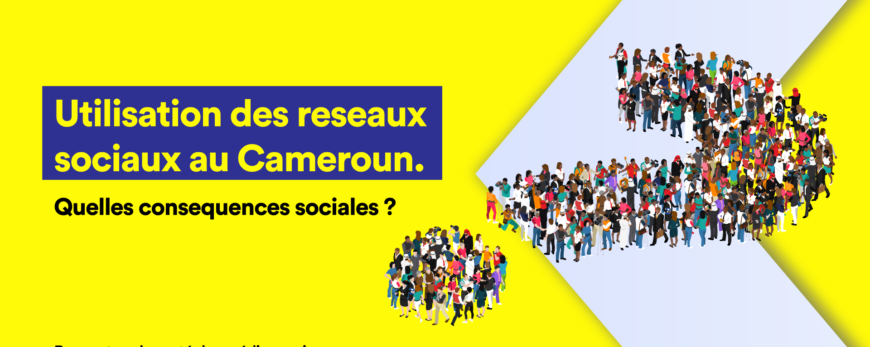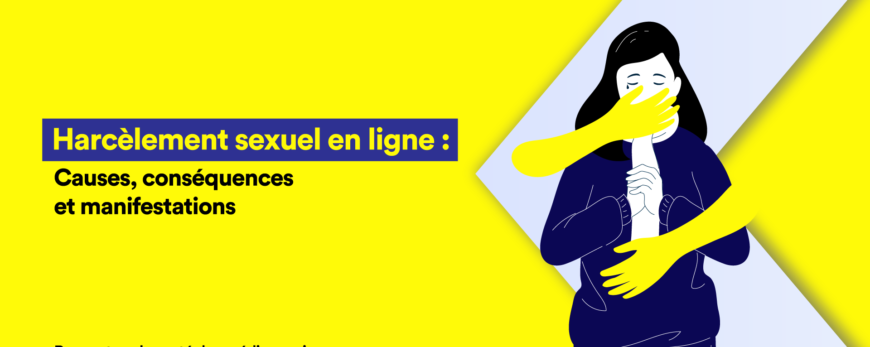All posts by admin
Blog« Parfois, tu vérifies même ton propre nom pour te rassurer qu’il est le bon »
Frank William Batchou, Boursier #FactsMatter237 Et #AFFCameroon 2e Cohorte « J’ai été boursier de #FactsMatter237 et de #AFFCameroon. Cette formation m’est tombée sur la tête au début comme par hasard. Et après 3 jours de rencontres à Douala avec des « influenceurs web » sous la houlette de #defyhatenow, j’étais quasiment le seul participant à rentrer sans avoir rien retenu. Heureusement pour moi, on était encore dans la phase pilote du projet. Je ne souhaite pas qu’un fellow des prochaines cohortes soit dans la même situation.
Read More« C’était des mois de travail acharnés, mais satisfaisant en fin de compte »
Fotso Fonkam, Boursier #FactsMatter237 Et #AFFCameroon 2e Cohorte « Ce que je peux dire des différentes formations que j’ai reçues, c’est que c’était des mois de travail acharnés, mais satisfaisant en fin de compte parce qu’on apprenait beaucoup de choses auprès des formateurs (dans une ambiance très relax). Surtout, et c’est peut-être le plus important, on mettait immédiatement en pratique ce qui était appris en rédigeant chaque semaine autant des rapports de fact-check que des rapports sur la santé des médias sociaux. L’autre exercice que j’ai
Read More4th call for applications, #AFFCameroon Africa Fact Check Fellowship
Deadline March 15, 2021 #Background The #Defyhatenow project launched and successfully closed its pilot phase between February and April 2020 and two more cohorts in the year 2020. Under the name # FactsMatter237, its phase has produced top-notch professionals in the fight against fake news and hate speech online. The first and second cohorts of the improved version under the name #AFFCameroun launched in July 2020 and October 2020 saw a selection of 20 bloggings, journalism and cyber-influence professionals from the South-West, North-West, Littoral, Center
Read More

